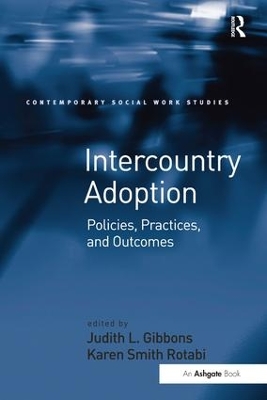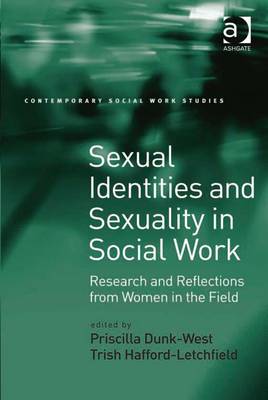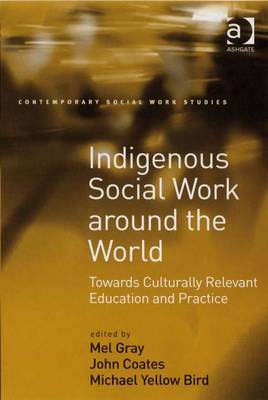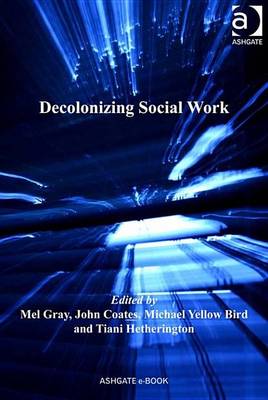Contemporary Social Work Studies
4 total works
Sexual Identities and Sexuality in Social Work
Sexuality and sexual identity have been relatively marginalized areas in both social work education and practice. However, changes in policy and legislation in the UK and other countries over the past decade have brought discussions of sexuality into the mainstream public service agenda. In social work and social care, gay and lesbian citizenship rights have been explicitly recognised. In the fields of adoption and fostering new regulations and guidance have helped improve and develop practice around assessment and intervention. It remains the case, however, that sex is often perceived as a problem area within social work and social care, discussed only in relation to sexually diverse communities or in the realm of dysfunction or pathology.
This collection aims to generate a more proactive and challenging discussion of sexuality and sexual identity in social work. Its starting point is that sexuality is an essential aspect of individual identity, that users must be able to express their sexuality, and that it is essential for social workers to be able to respond and discuss sexual issues appropriately. The contributions are informed by feminist research, considering, in particular, the experiences of women working in and using social care services since the 1990s. In addition to a consideration of the wider policy, legislative and service providers' perspectives, the book includes reflective accounts as well as research-led contributions, offering a comprehensive and balanced account of this important field, which aims to inform both theory and practice.
Indigenous Social Work around the World
How can mainstream Western social work learn from and in turn help advance indigenous practice?
This volume brings together prominent international scholars involved in both Western and indigenous social work across the globe – including James Midgley, Linda Briskman, Alean Al-Krenawi and John R. Graham – to discuss some of the most significant global trends and issues relating to indigenous and cross-cultural social work. The contributors identify ways in which indigenization is shaping professional social work practice and education, and examine how social work can better address diversity in international exchanges and cross-cultural issues within and between countries.
Key theoretical, methodological and service issues and challenges in the indigenization of social work are reviewed, including the way in which adaptation can lead to more effective practices within indigenous communities and emerging economies, and how adaptation can provide greater insight into cross-cultural understanding and practice.
Decolonizing Social Work
by Dr Tiani Hetherington, Professor John Coates, Professor Mel Gray, Professor Michael Yellow Bird, and Dr. Lucy Jordan
Riding on the success of Indigenous Social Work Around the World, this book provides case studies to further scholarship on decolonization, a major analytical and activist paradigm among many of the world’s Indigenous Peoples, including educators, tribal leaders, activists, scholars, politicians, and citizens at the grassroots level. Decolonization seeks to weaken the effects of colonialism and create opportunities to promote traditional practices in contemporary settings. Establishing language and cultural programs; honouring land claims, teaching Indigenous history, science, and ways of knowing; self-esteem programs, celebrating ceremonies, restoring traditional parenting approaches, tribal rites of passage, traditional foods, and helping and healing using tribal approaches are central to decolonization.
These insights are brought to the arena of international social work still dominated by western-based approaches. Decolonization draws attention to the effects of globalization and the universalization of education, methods of practice, and international `development’ that fail to embrace and recognize local knowledges and methods.
In this volume, Indigenous and non-Indigenous social work scholars examine local cultures, beliefs, values, and practices as central to decolonization. Supported by a growing interest in spirituality and ecological awareness in international social work, they interrogate trends, issues, and debates in Indigenous social work theory, practice methods, and education models including a section on Indigenous research approaches.
The diversity of perspectives, decolonizing methodologies, and the shared struggle to provide effective professional social work interventions is reflected in the international nature of the subject matter and in the mix of contributors who write from their contexts in different countries and cultures, including Australia, Canada, Cuba, Japan, Jordan, Mexico, New Zealand, South Africa, and the USA.



